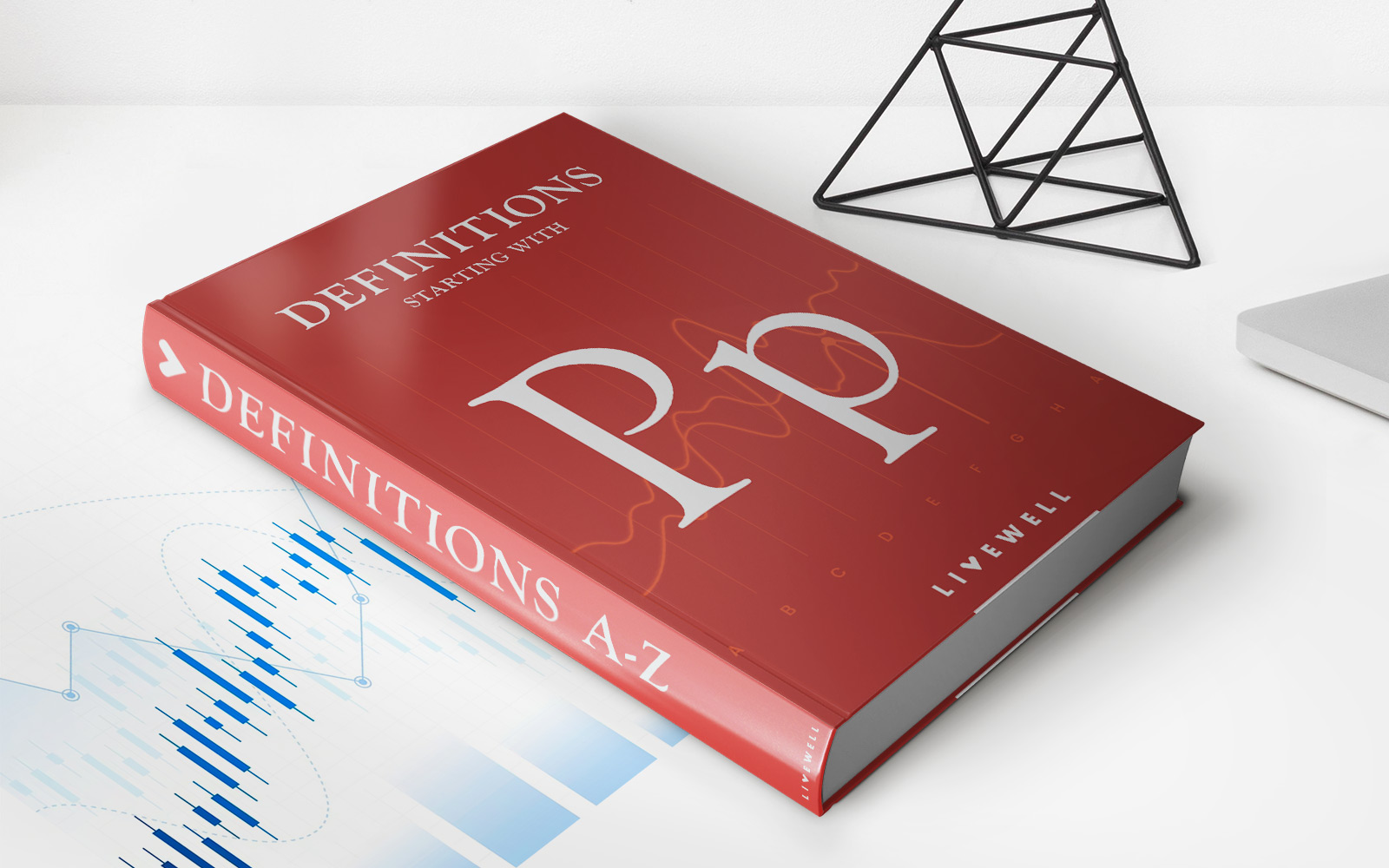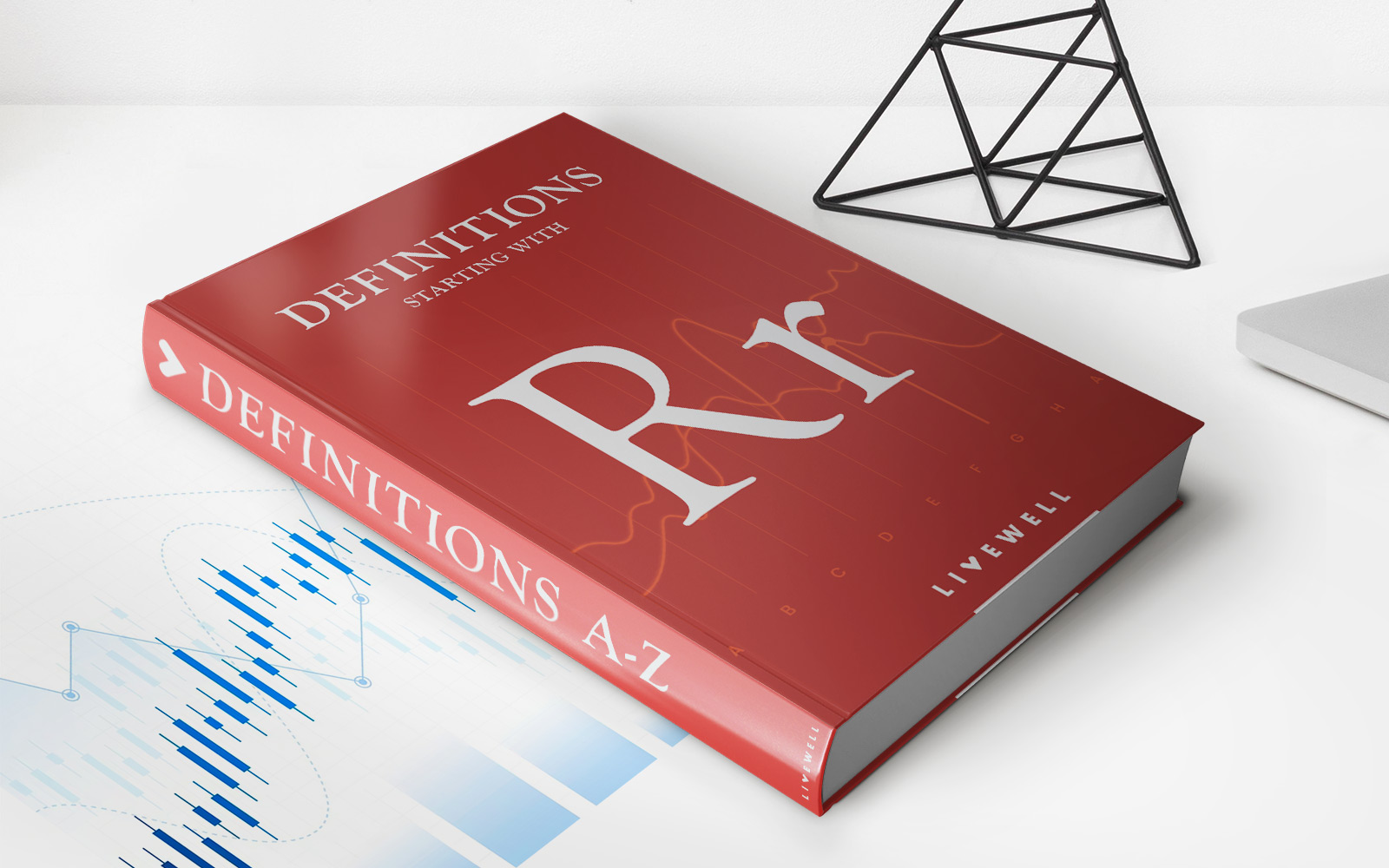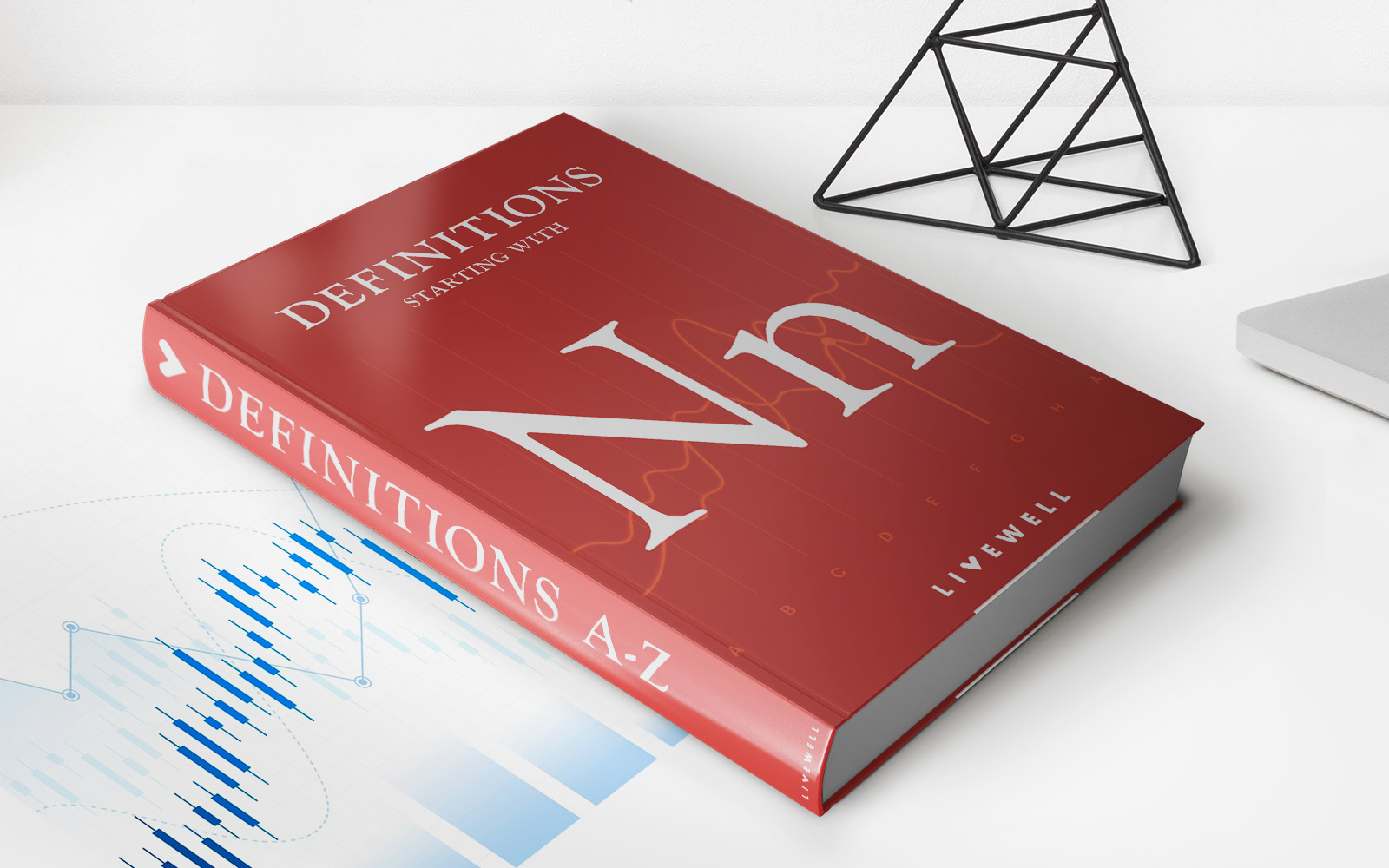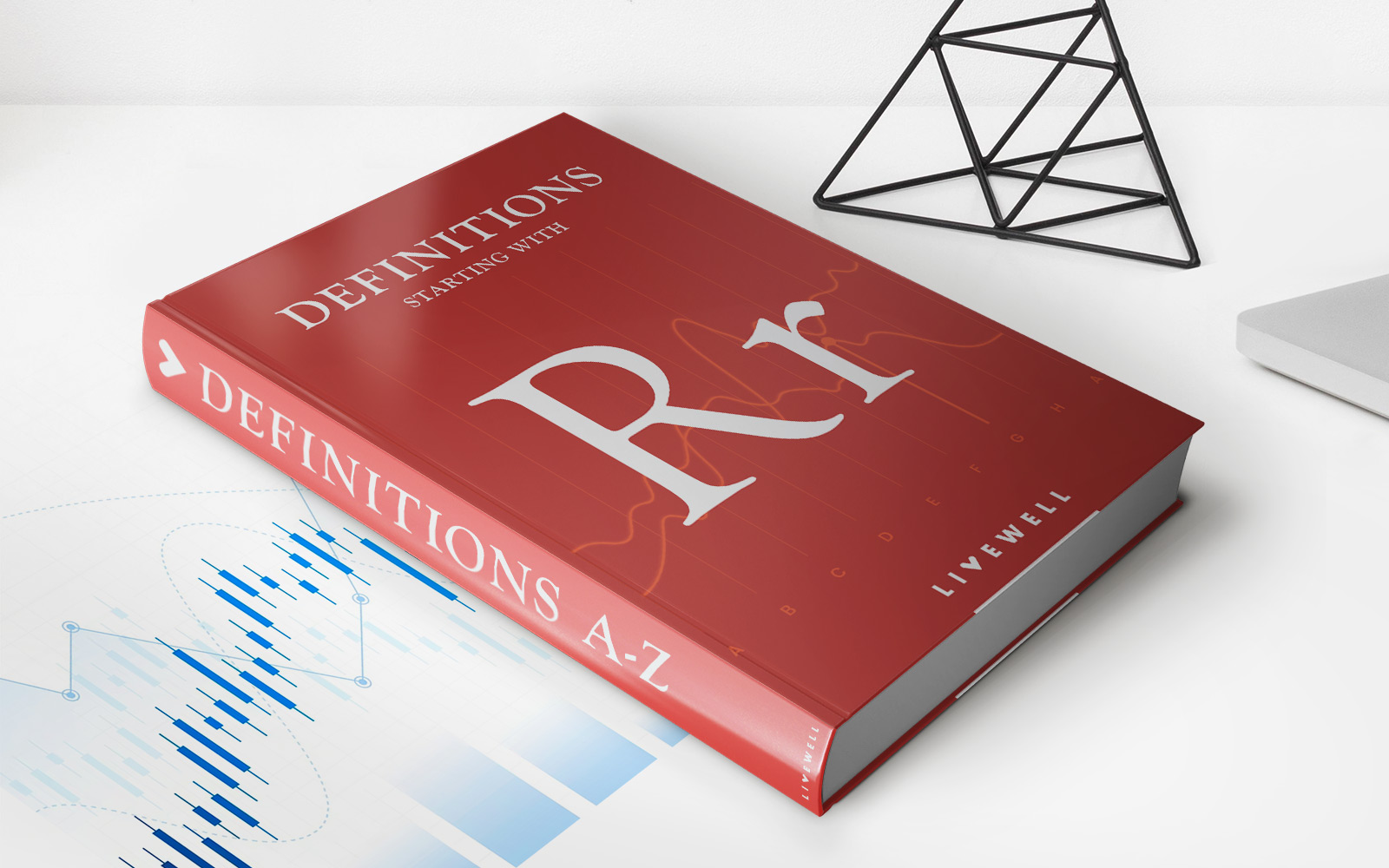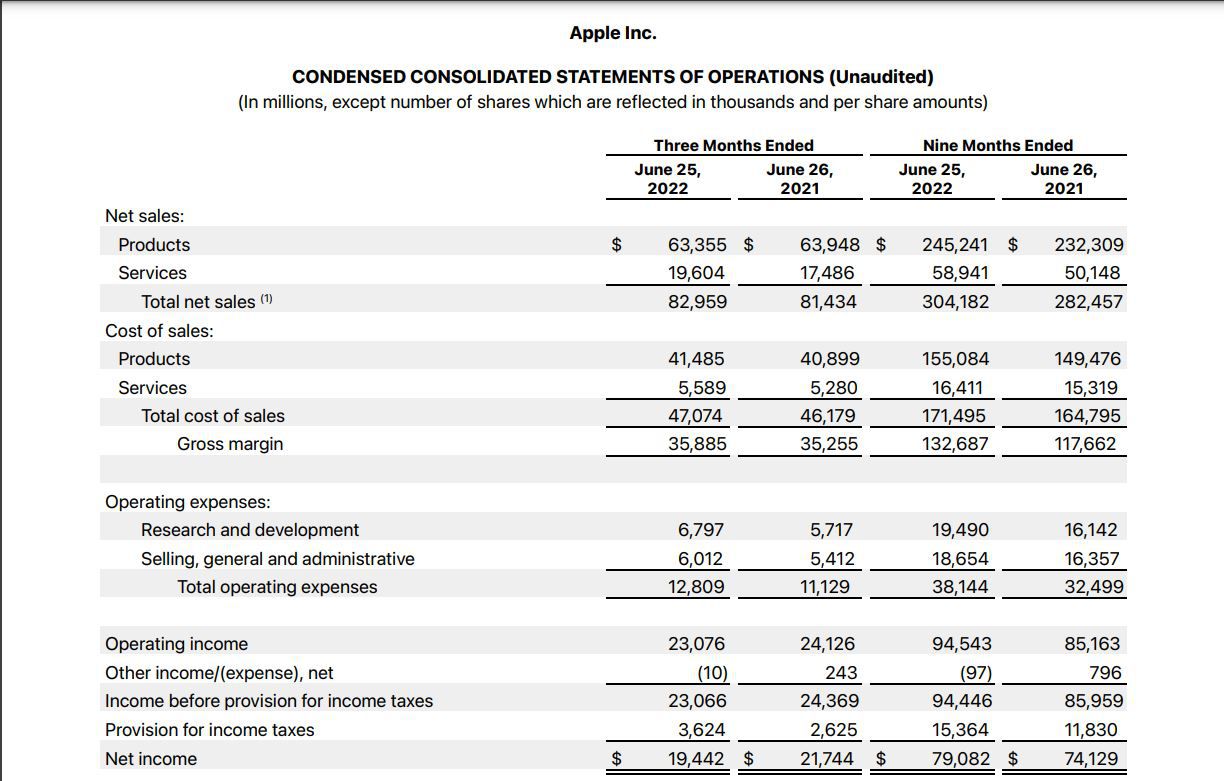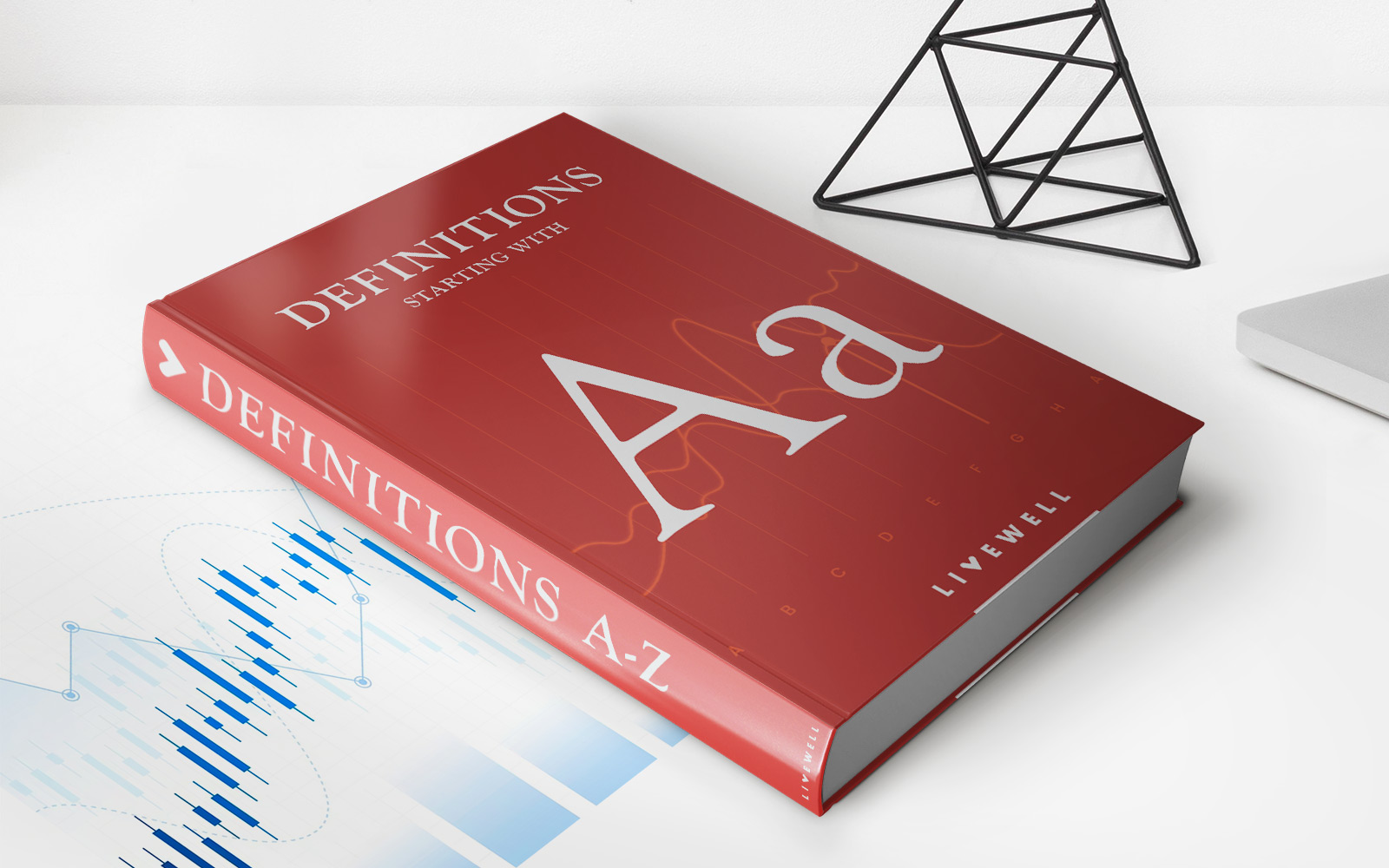Home>Finance>Settlement Period: Definition, Process, SEC Rules


Finance
Settlement Period: Definition, Process, SEC Rules
Published: January 27, 2024
Learn about the settlement period in finance, including its definition, process, and SEC rules.
(Many of the links in this article redirect to a specific reviewed product. Your purchase of these products through affiliate links helps to generate commission for LiveWell, at no extra cost. Learn more)
Understanding the Settlement Period in Finance: A Complete Guide
When it comes to the world of finance, there are numerous terms and concepts that may seem daunting to grasp. One such term is the settlement period. If you’ve ever wondered what the settlement period is and how it affects financial transactions, you’re in the right place. In this blog post, we will unravel the definition of a settlement period, discuss the process involved, and outline the SEC rules associated with it. By the end, you’ll have a clear understanding of this crucial aspect of finance.
Key Takeaways:
- The settlement period refers to the time it takes to complete a financial transaction and transfer assets from one party to another.
- The process of settlement involves various steps, including trade execution, clearing, and ultimately, the transfer of funds and securities.
What is the Settlement Period?
At its core, the settlement period refers to the time it takes to complete a financial transaction and transfer assets from the seller to the buyer. It encompasses the entire process involved in finalizing a trade and ensuring that all parties involved fulfill their obligations.
Now that we have a basic understanding of what the settlement period is, let’s delve into the step-by-step process involved.
The Settlement Process
The settlement process comprises several stages that ensure a smooth and secure transaction. Each step plays a vital role and involves different stakeholders. Here is a breakdown of the settlement process:
- Trade Execution: The first step in the settlement process is trade execution. This is when the buyer and seller agree on the terms of a transaction, including the price, quantity, and settlement date.
- Clearing: Once the trade is executed, it moves to the clearing stage. Here, a clearinghouse acts as an intermediary, validating the trade details and ensuring that all necessary documentation is in order.
- Confirmation: Following clearing, both the buyer and seller receive a confirmation of the trade, outlining the transaction details. This confirmation serves as a binding agreement between the parties.
- Settlement: The final and most crucial step is settlement. During this phase, the buyer’s account is debited, and the seller’s account is credited with the transaction amount. Additionally, the relevant securities are transferred to the buyer’s account.
SEC Rules and Regulations
The Securities and Exchange Commission (SEC) is the regulatory body responsible for overseeing the securities industry and ensuring fair practices. The SEC has implemented rules and regulations regarding settlement periods to protect investors and maintain market integrity. Here are a few key SEC rules related to settlement:
- T+2 Settlement: With the adoption of Rule 15c6-1 in 2017, the SEC shortened the standard settlement cycle from T+3 (trade date plus three business days) to T+2. This means that most securities transactions must be settled within two business days after the trade execution.
- Sale and Delivery of Securities: SEC rules require brokers and dealers to ensure the timely delivery of securities to customers. This helps prevent failures to deliver or delays in the settlement process.
- Trade Error Resolution: The SEC has established regulations outlining the procedures for resolving trade errors promptly and efficiently. These rules help ensure that any discrepancies or mistakes in the settlement process are rectified in a fair and compliant manner.
Conclusion
The settlement period is a critical component of the financial transactions process. Understanding the definition and process behind settlement is crucial for investors, traders, and market participants. By having a clear grasp of the settlement period, individuals can navigate the financial landscape with confidence, knowing how trades are executed and assets are transferred. So, next time you encounter the term settlement period in finance, you’ll have the knowledge to interpret it accurately and make informed decisions.
